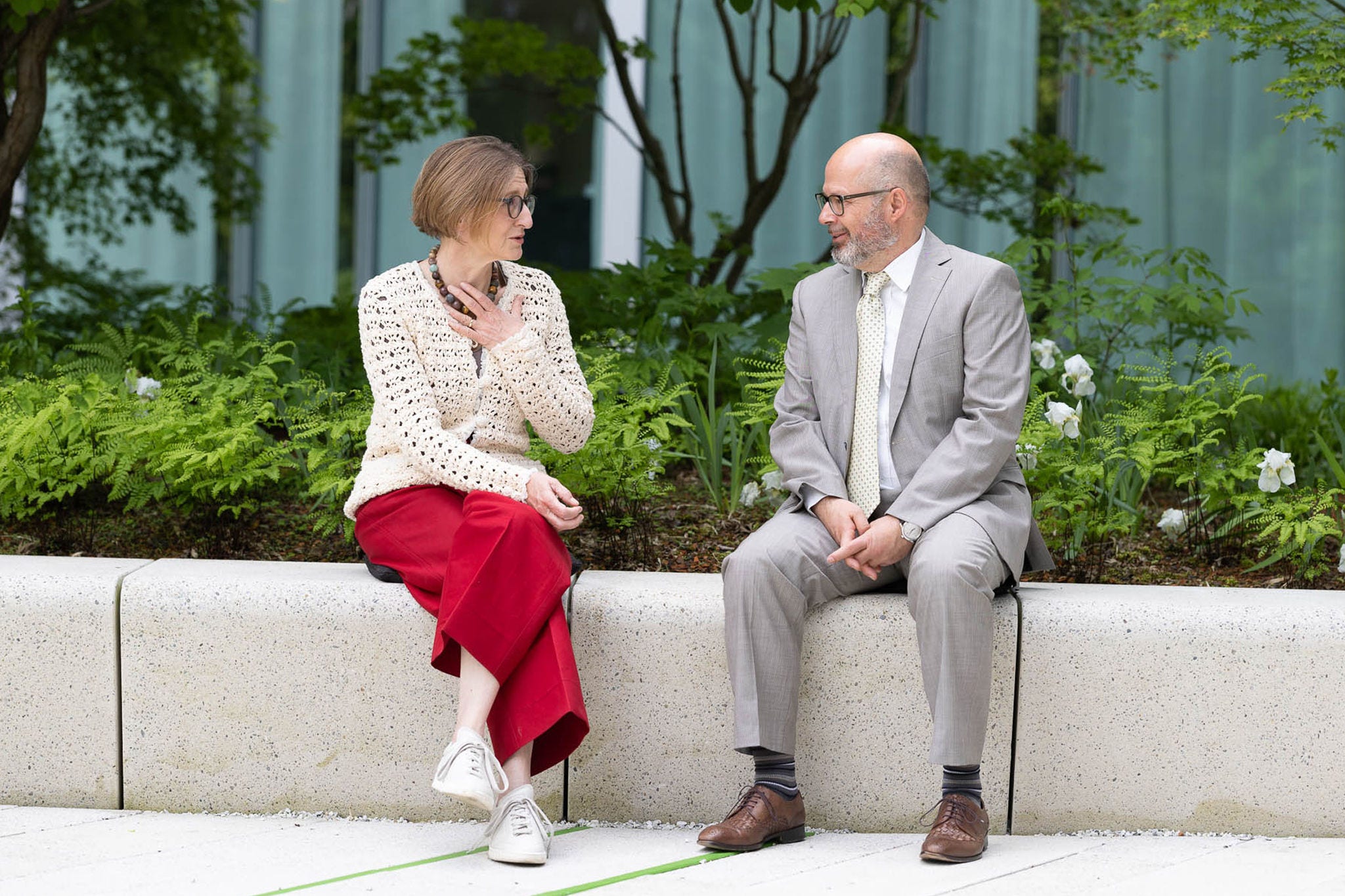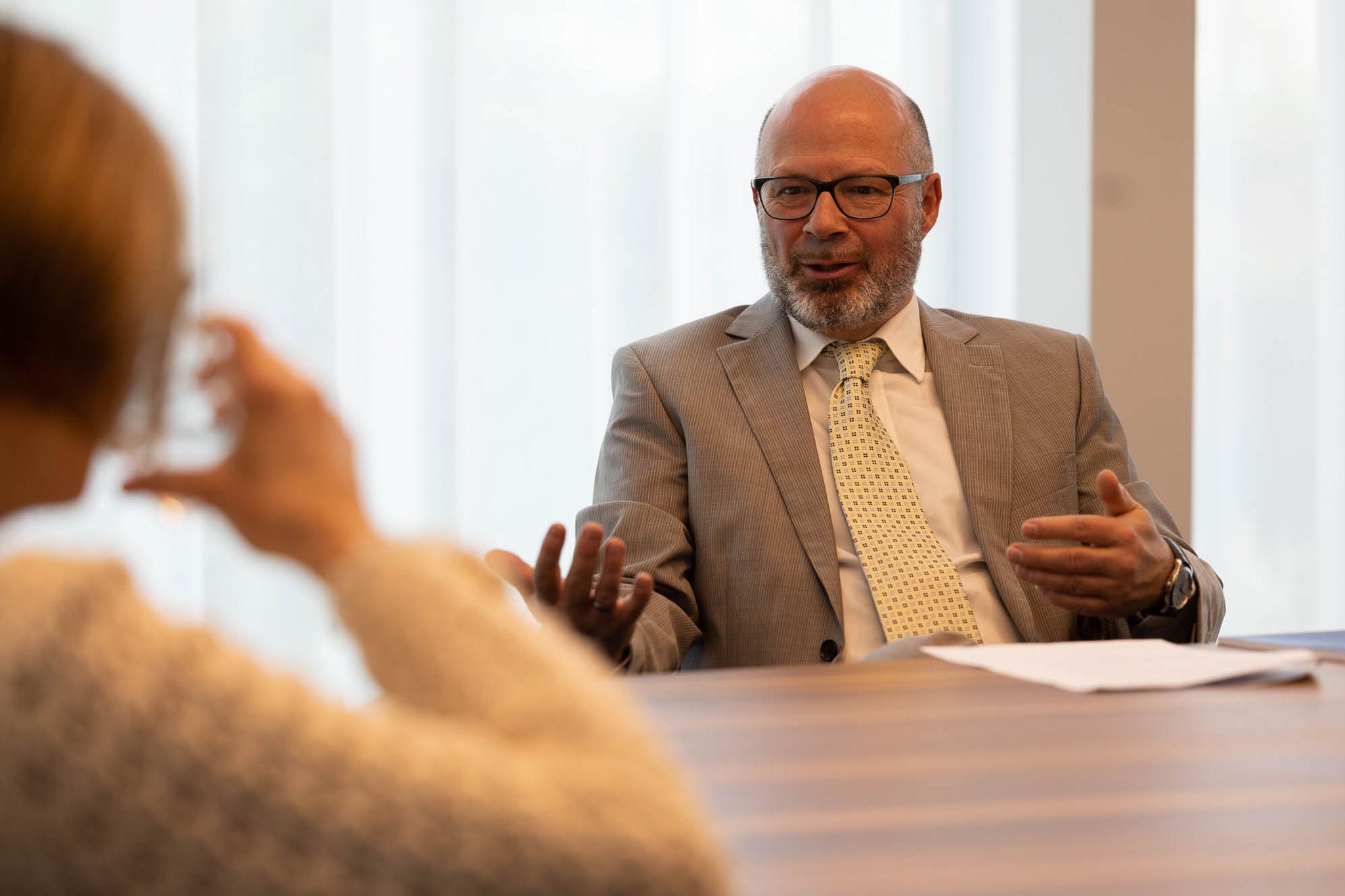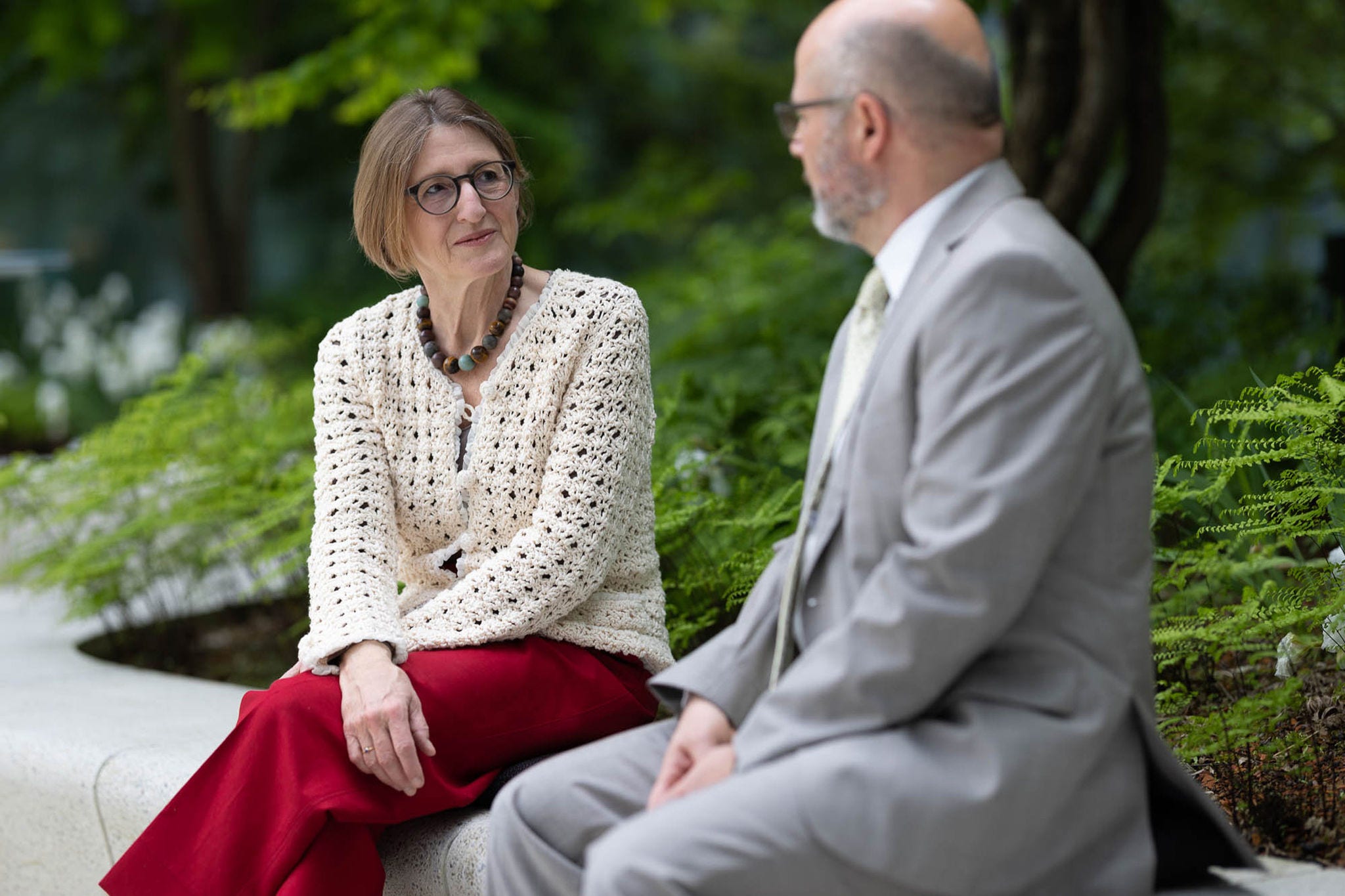Prof. Dr. Dr. h.c. Monika Bütler first studied mathematics. She is an honorary professor at the University of St. Gallen, where until 2021 she was a full professor of economic policy and director of the Swiss Institute for Empirical Economic Research, which she co-founded. She is a member of the board of directors of Huber+Suhner, Schindler Holding and Swiss Life. Monika Bütler is considered one of the ten most influential economists in Switzerland.
In an interview with KPMG’s Prof. Dr. Reto Eberle, she addresses challenges in social and economic policy and calls, among other things, for greater financial literacy in schools.







